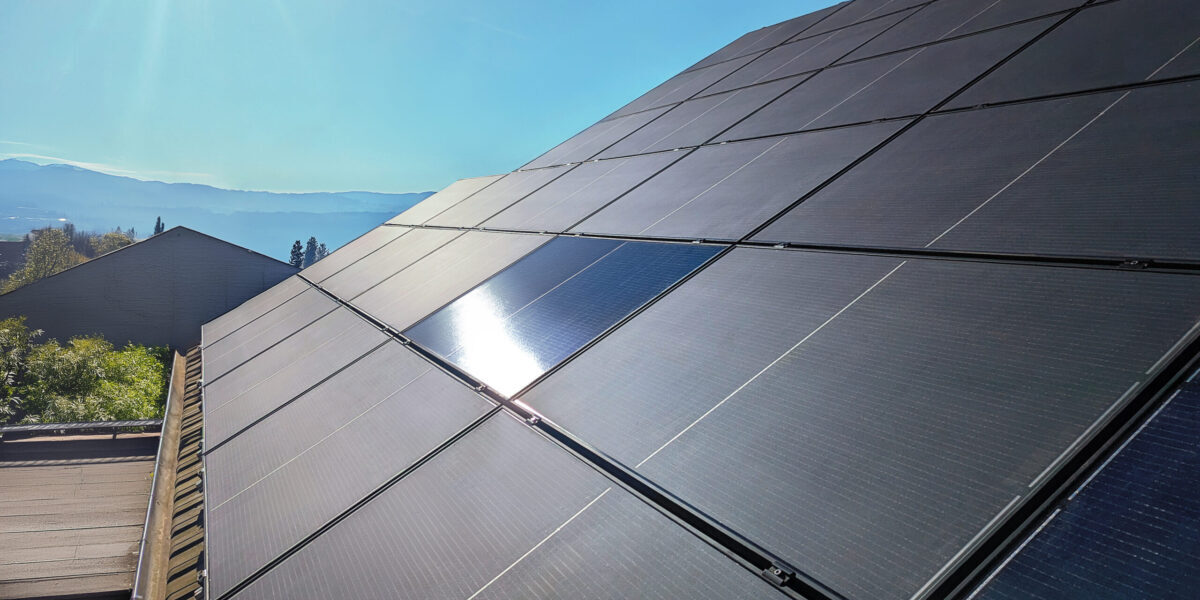From pv magazine Germany
The glare effect of solar panels often causes disputes between neighbors. At airports, traffic routes, and nature reserves, PV modules must meet specific requirements, usually achieved with an anti-reflective coating. However, Germany-based Phytonics says this coating only increases module yield and doesn't prevent glare.
Phytonics claims to have developed a self-adhesive film that reduces glare to the necessary extent. The film has special, bionic microstructures that efficiently couple shallow light, making the modules glare-free and increasing performance during off-peak times.
Phytonics says the film uses materials proven for long-term stability in outdoor use. It is resistant to UV radiation, moisture, heat, and hail. The film is available directly from the company in rolls or sheets for €70 ($76.20) per module sheet, with future pricing depending on various factors.
Phytonics says the self-adhesive film can be used for both new and existing PV systems. It says it sees great demand for its flexible anti-glare solution, which extends across all photovoltaic segments.
“We receive inquiries every day – often due to neighborhood disputes, but also regularly from project developers of PV systems near highways and airports,” says Ruben Hünig, CEO of Phytonics.
The film provides a simple solution against critical glare effects without re-orienting the modules or implementing complex visual protection measures. It is already in use. In Switzerland, for example, it has been applied to modules on a house where the PV system was blinding the neighbor. It will also soon be used in a roof system at a supermarket in Germany, where the building permit required glare-free solar modules.
This content is protected by copyright and may not be reused. If you want to cooperate with us and would like to reuse some of our content, please contact: editors@pv-magazine.com.




1 comment
By submitting this form you agree to pv magazine using your data for the purposes of publishing your comment.
Your personal data will only be disclosed or otherwise transmitted to third parties for the purposes of spam filtering or if this is necessary for technical maintenance of the website. Any other transfer to third parties will not take place unless this is justified on the basis of applicable data protection regulations or if pv magazine is legally obliged to do so.
You may revoke this consent at any time with effect for the future, in which case your personal data will be deleted immediately. Otherwise, your data will be deleted if pv magazine has processed your request or the purpose of data storage is fulfilled.
Further information on data privacy can be found in our Data Protection Policy.